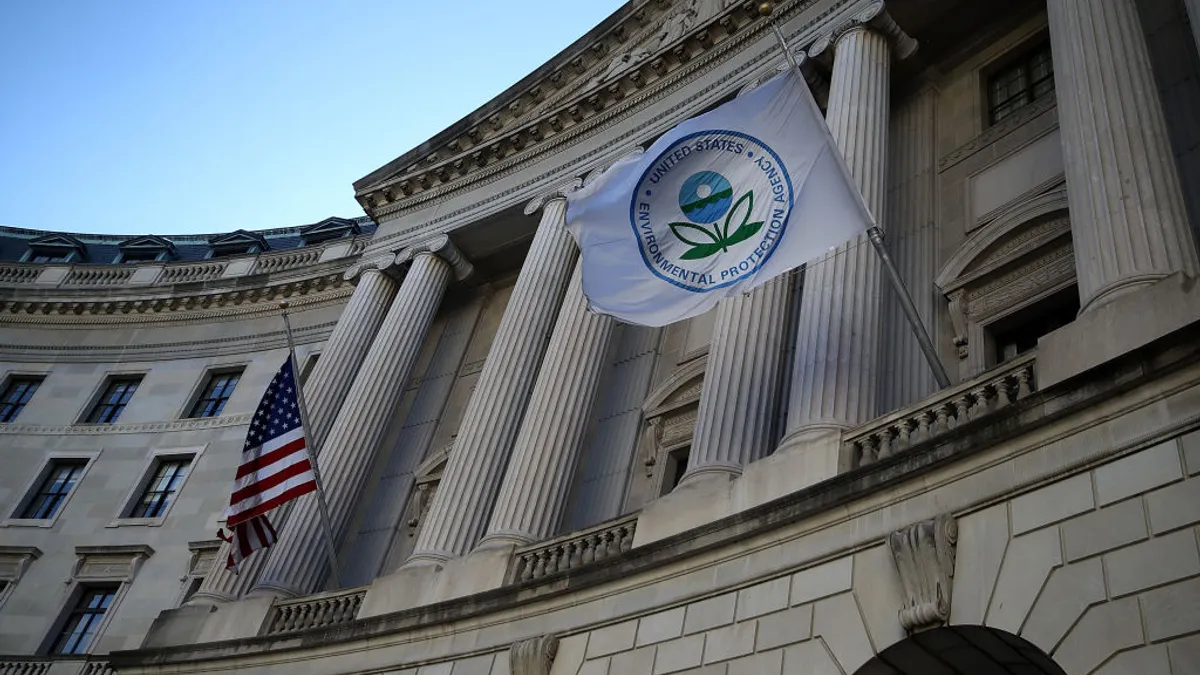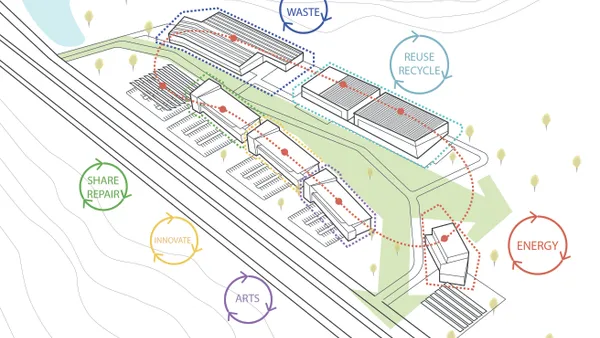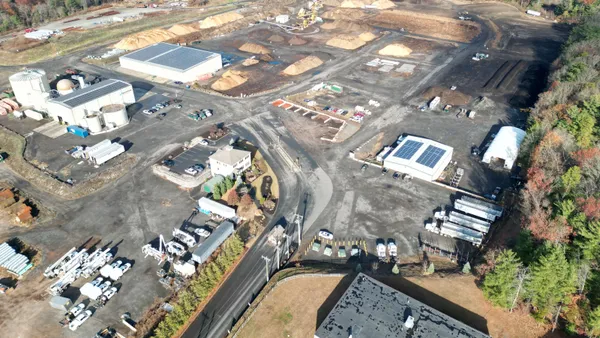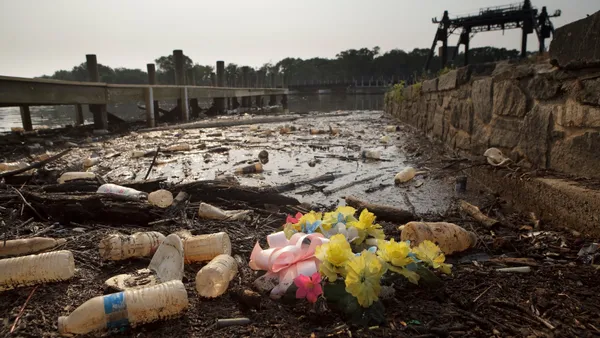The Biden administration launched a pair of grant opportunities with funding available for waste projects this week, building on historic investments in climate programs and recycling.
The U.S. EPA announced on Wednesday that $4.6 billion will be available to states, local governments, tribes and territories through its Climate Pollution Reduction Grants program. The program is intended to fund implementation of projects that would "significantly reduce cumulative GHG emissions by 2030 and beyond" across major polluting sectors, including waste and sustainable materials management.
The EPA anticipates awarding between 30 and 115 total grants ranging from $2 million to $500 million through the program. This is the second phase of the CPRG program — it previously provided funding to local governments to assist in developing Priority Climate Action Plans. In a release, the EPA said "nearly all states, plus major cities" made use of the funding in the first stage.
An analysis of climate plans published in December revealed that many local governments’ plans include a solid waste component, with roughly 70% of those following the EPA’s waste management hierarchy. Organics management actions were the most common, but efforts surrounding recycling and source reduction were also common, according to the analysis from HDR, an engineering, architecture, environmental and construction services firm.
"Tackling the global climate crisis requires partnerships and action across the country," EPA Administrator Michael Regan said in a statement. "President Biden secured this historic funding because he knows that communities need resources to fund projects to cut climate pollution, lift up disadvantaged communities, and reap the economic and job-creation benefits of climate action."
Also on Wednesday, the U.S. Department of Agriculture announced its own investment of $25 million to further its efforts to reduce food loss and waste. A portion of the funding will go towards the Community Food Projects' food loss and waste grant program. The program has previously funded projects that reduce food waste in large venues in Portland, Oregon; improve food rescue in Oahu, Hawai'i; and provide compost training for underserved youth in Rhode Island.
The new USDA funding will also support the Food and Agriculture Service Learning Program, which funds food loss and waste reduction programs at schools. The remainder of the money will go toward "forthcoming food loss and waste efforts" developed in a partnership between the National 4-H Council and the Sustainable Agriculture Research and Education program, which is supported by USDA and the University of Maryland.
The pair of funding announcements comes on the heels of EPA naming the recipients of $105 million in funding through its Solid Waste Infrastructure for Recycling grants program. The grants went to a range of waste projects, including anaerobic digesters, collections programs and MRFs.















